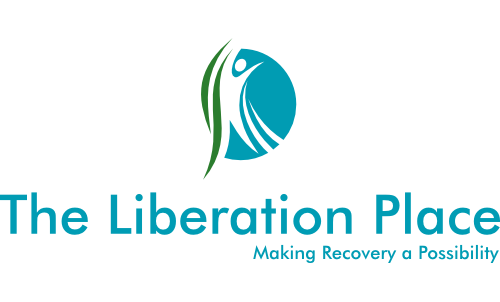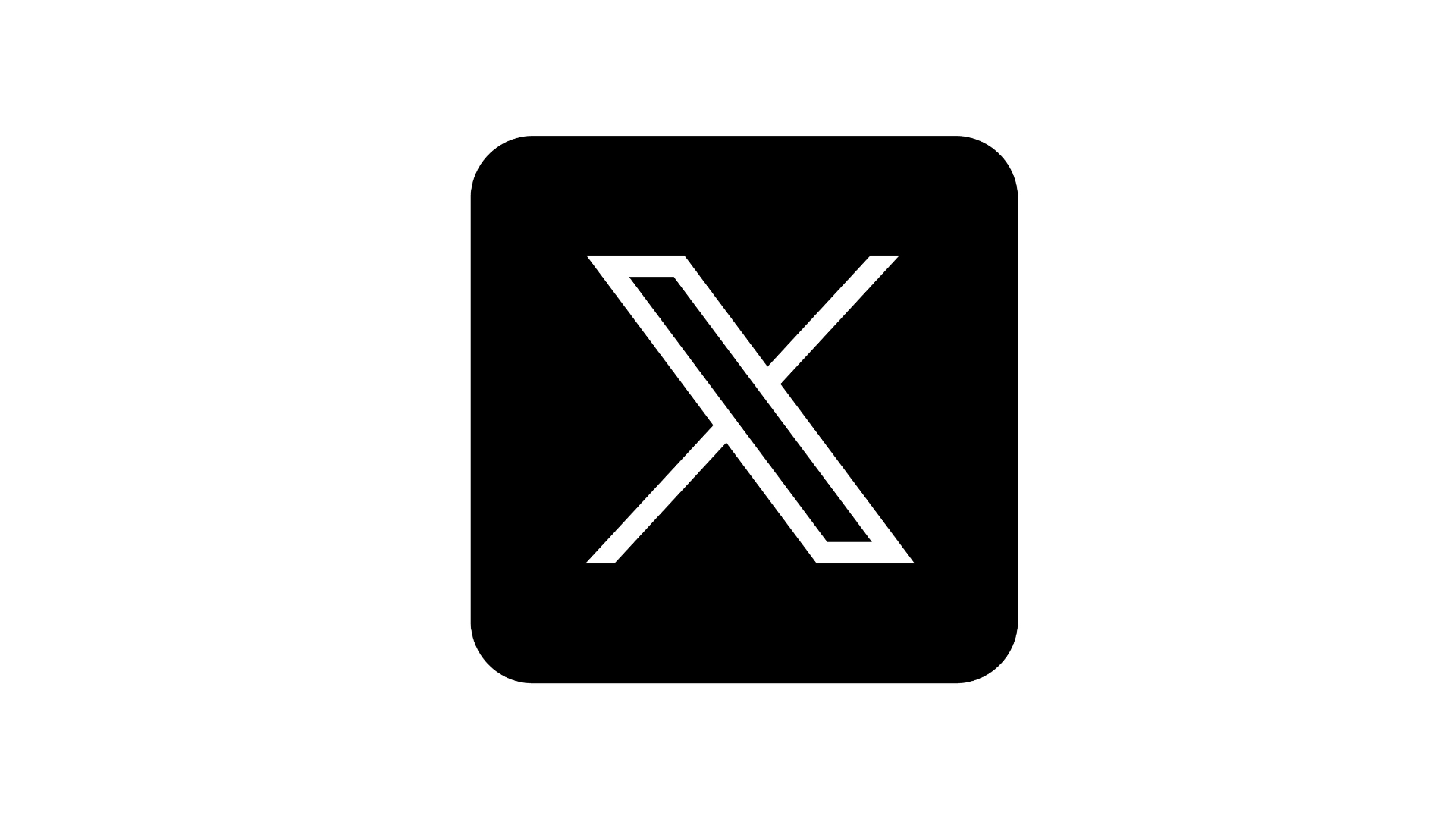What is Dialectical Behaviour Therapy
Dialectical Behaviour Therapy (DBT) was created by Marsha Linehan, it is a skills-based program, that offers education about behavioural responses to overwhelming emotional experiences. These skills, when practiced over and over again, create the muscle memory required to make them a repeatable part of your automatic responses to the circumstances you probably find yourself in, every single day. Through regular practice, this is achievable even when your system is falling into what are perceived as, and therefore experienced as, emotionally distressing situations.
In my opinion, the skills of DBT should be something that are taught to teachers of young children, so they can become a part of the school curriculum around the world. I know this is a highly unlikely thing to happen, and at the same time, it is something I will continue to advocate for at every opportunity, because these skills represent the ways in which we can learn to cope with life’s experiences in a healthy way, rather than spiralling into the unhealthy coping mechanisms that a lot of us struggle with these days in our adult life.
This lack of emotional education early on in life means we have to go through the process of re-educating the parts of our personality that are trapped in these early childhood experiences to make up for the things we didn't learn to do at an early age. Re-educating parts is something I will talk about consistently, as it's an important part of the process for achieving the long-term goals of this type of work, and something that is encapsulated in the skill called "Planning Ahead to Build Mastery." For now, it’s important to know, that getting to a space where our system is open to doing the work involved in re-educating our parts is one of the many things that Dialectical Behaviour Therapy (DBT) can offer to every individual that participates in learning the skills.
"The skills of DBT should be something that are taught to teachers of young children, so they can become a part of the school curriculum around the world."
~Steven Morris RP
Don’t get me wrong, not everyone who completes DBT Skills Training is going to automatically know how to use the skills. In fact, I know many people who I meet in the circles of behaviour change, that tell me, “Oh yeah, I did DBT before.” Over the years I have developed a somewhat tongue and cheek response to this, that goes something like, “and how are you actually living DBT skills today?” This is a response that often confuses people because, in my opinion, it’s not emphasised enough by those that teach DBT, that benefitting from the skills training program means actually living the DBT skills, being the DBT skills, and incorporating the DBT skills into your lifestyle, not just, “knowing” the DBT skills.
Much like any successful behaviour change program, it only works if you actually practice it. Simply reading the books, and learning the different skills, does not mean that we will use them. If we only learn something from a book, and don’t actually practice it the way it was intended, we might know what to do, and maybe even how to do it, but we won’t be able to actually do it without the experience of it, and this is only achieved with lots and lots of practice. A great example of this is the story of my oldest daughter who recently learned to drive. She read the book about driving, watched me drive all the time, and passed the written test, so theoretically she new how to drive.
However, when you put her behind the wheel of a car it was a very different situation. Emotions get involved, confidence is in question, muscle memory isn't formed, and automatic behaviours start kicking in. She had to experience the act of driving, benefit from the practice, in order to learn how to do it. That way, it could become part of her automatic responses when she wanted to get somewhere, even when she gets nervous, or overwhelmed. The DBT Skills training program is exactly the same as this. Simply knowing the skills does not mean benefitting from them. In order to get the benefits of the skills, you have to practice them, over, and over again, and as we all know, practice makes permanent.
Dialectical Behaviour Therapy offers 4 modules of Skills Training that are designed to support people looking to change behaviours. However, it's true that because of the number of skills available in DBT, it is often seen as a complicated process. To be honset, this is kind of true, in that DBT is a complicated program because it's designed to deal with complicated problems. That being said, it’s so important to start off with the understanding that as participants, we are not going to find all of the skills helpful all of the time. Some of the skills will make sense to you, and some of them will not. Some will be effective for you, and some will not. In my opinion, this is why there are so many skills available through DBT, so we can find the ones that work for us and use them to create the life we want to live.
That being said, there are some fundamentals skills that are important to get in place. Mindfulness is an absolute must, without a mindful practice nothing else works. The STOP skill is essential, because it is the gateway to accessing all the other skills. Planning ahead to build mastery, is the only way we manage our emotional reactions to difficult experiences, so practicing this skill is absolutely imperative. Knowing how to use the Chain Analysis and Missing Links exercises help us figure out what was we could’ve done differently to set us up for success in the future.
One of the things I like to do in my work is to take complicated text book skills and break them down to real world experiences, giving examples from my own life of how a skill has worked or not work for me in my own journey. Hopefully I can do this in a way that supports people who are looking for a different way to live their lives, and hopefully that person is you! On the pages connected to this article you will find more details about the modules, and some of the skills available in the program.
Download PDF of this Page
Follow us on Social Media





